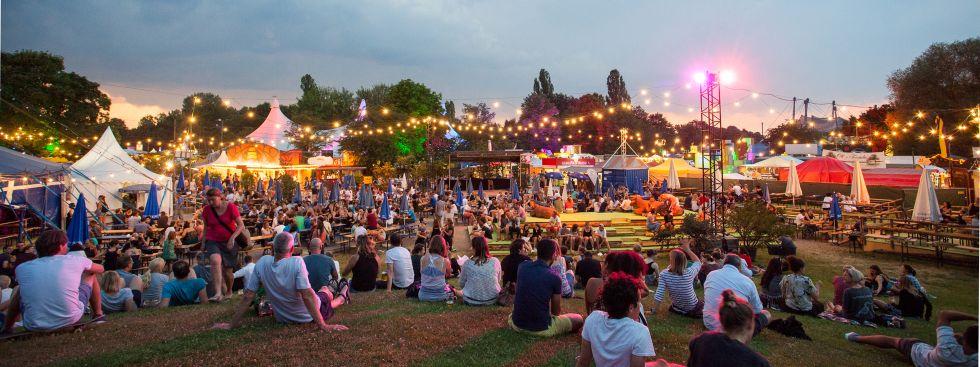Tuesday Tips for Planning Safe Events: Identifying Risks

Planning a safe event requires a great deal of consideration and preparation. We are excited to introduce a new series on our blog today called “Tuesday Tips for Planning Safe Events.” This series will provide readers with helpful tips and guidelines for organizing events safely.
Today’s tip is identifying risks that may be associated with your event.
Regardless of how likely or unlikely a risk may seem, in order to be prepared and able to ensure safety at your event, you must be aware of any incidents that may occur.
Before the day of your event use this checklist to identify risks that may be associated with your event:
- Create a list of the attractions and activities that make up your event, identifying all the possible hazards that could occur as a result
- Consider whether the personnel at your event have the appropriate training necessary for the type of activities that will be taking place (Do you have safety/first aid personnel?)
- Make note of any materials, structures, or machinery that will add risk to your event (For example, think of ladders, cables/wires, water features, etc.)
- Remember that weather can be unpredictable, and be sure to take note of any incidents that could occur as a result of dangerous weather, especially if your event is to be held outdoors
- Consider the approximate number of people expected at your event and any risks associated with that size of crowd
- Consider the number of older people, people with disabilities, and children that you expect at your event, identifying any unique risks that may be heightened by those groups of people
- Assess the location of your event and identify any risks associated with that particular area (Look at factors such as crime rates in the neighbourhood, history of violence in the area, distance to nearest hospital, etc.).
Remember that identifying all potential risks is key to organizing a safe event. Be diligent when determining the incidents you need to be prepared for in order to make sure you’ve considered every possible risk. It would likely be helpful to have someone double check your list of potential hazards as well in order to ensure that you haven’t overlooked anything. Hiring an event medical team or event specialist who is knowledgeable in event safety would be a great place to start, as they will be able to help identify risks and offer suggestions for overcoming them. Don’t forget that the only way to truly be prepared for an emergency is to know in advance what could potentially transpire.